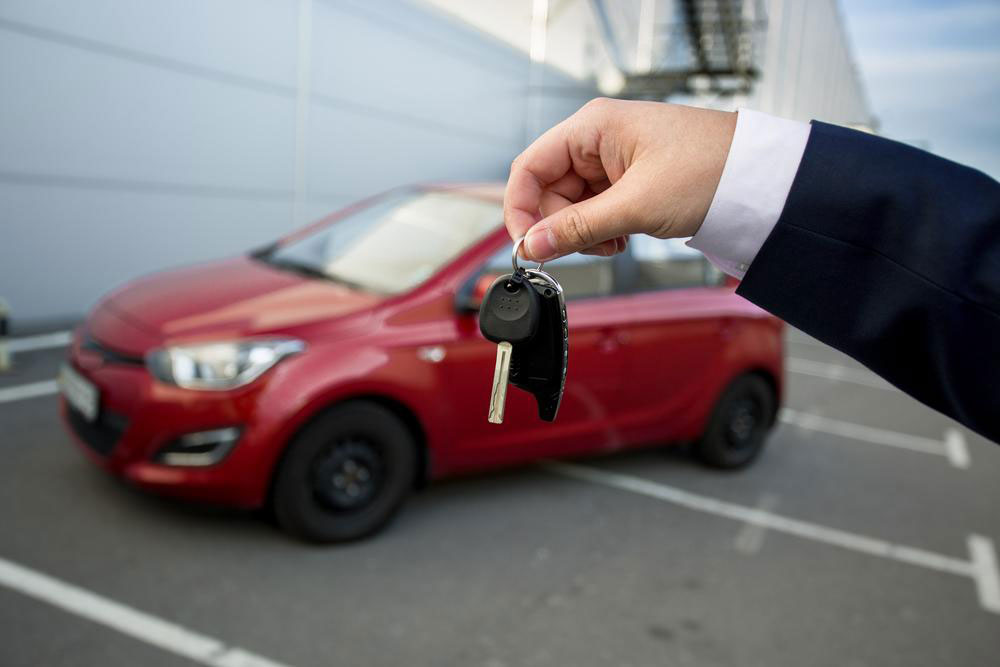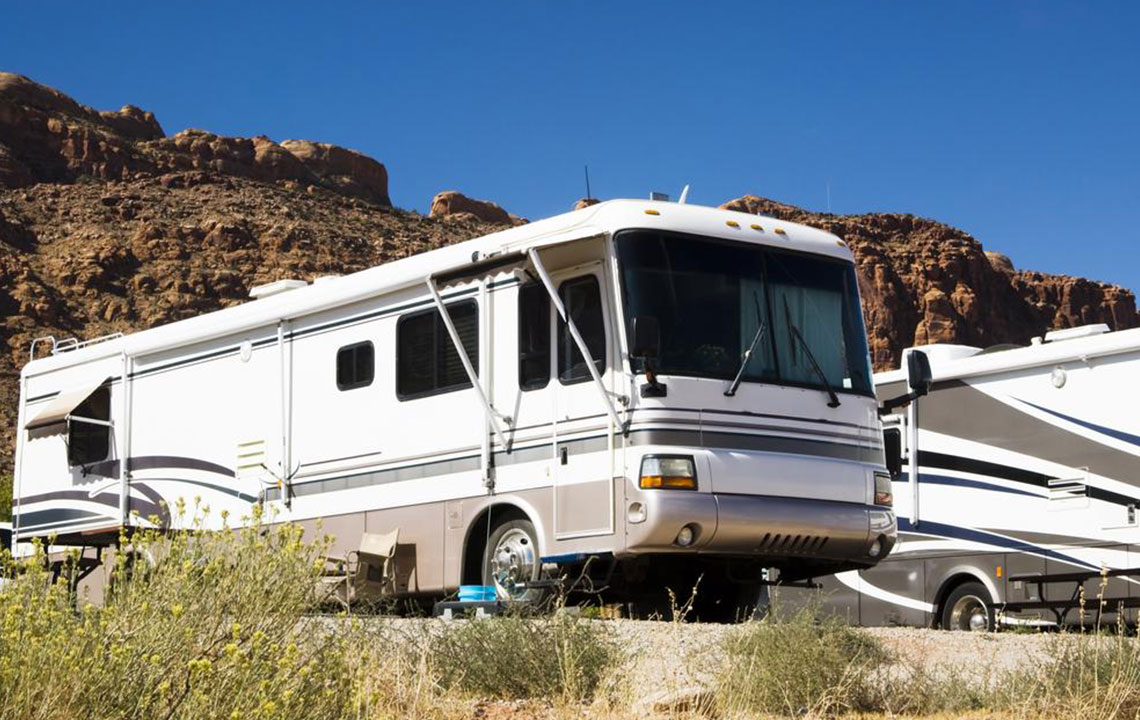Comprehensive Guide to Buying Vehicles: Dealer vs. Private Seller
This detailed guide compares purchasing vehicles from car dealerships and private sellers, emphasizing key differences such as warranties, legal paperwork, inspection standards, pricing strategies, and negotiation flexibility. It aims to help buyers make informed decisions and navigate the complexities of vehicle buying, ensuring a secure and satisfactory purchase experience.

Understanding the Key Differences Between Purchasing from Car Dealerships and Private Sellers
When it comes to buying a vehicle, whether it's a new or used car, one of the most crucial decisions you’ll face revolves around the source of your purchase: should you buy from a reputable car dealership or opt for a private seller? Each option comes with its own set of advantages and potential drawbacks, and understanding these differences is vital to making an informed decision that aligns with your needs, budget, and preferences.
Purchasing from a licensed and established car dealership generally offers greater security and peace of mind. Dealerships are regulated entities that must adhere to local laws and industry standards, providing buyers with tangible benefits such as comprehensive warranties, reliable financing options, and thorough legal documentation. These dealerships often have a wide selection of vehicles, many of which are certified pre-owned, meaning they have undergone rigorous safety inspections and come with warranties that protect buyers against unforeseen issues post-purchase.
On the other hand, buying directly from a private owner can be a more flexible and potentially cost-effective option. Private sales often involve cash transactions and may not include warranties or extensive paperwork. Buyers in private transactions must be diligent in verifying the vehicle’s history, ownership status, and condition. It is common for private sellers to be more flexible on pricing, which can lead to significant savings if negotiations go well. However, the lack of formal backing and certification means that buyers often shoulder more responsibility for vehicle inspections and legal due diligence.
Key differences to consider include:
Legal and Paperwork Handling: Dealerships handle all legal documentation, transfer of ownership, and registration, reducing the risk of future legal disputes. Private sales require the buyer to independently verify and process documentation, which could be complex and time-consuming.
Warranty and Certification: Vehicles bought from dealerships are often certified and come with manufacturer or dealer warranties, offering peace of mind. Private sellers typically do not provide warranties; buyers need to consider independent inspections or purchase an extended warranty separately.
Inspection and Certification: Dealerships conduct thorough safety and quality inspections before selling certified cars, ensuring compliance with safety standards. Private sellers may tout the vehicle’s condition without such certification, putting the onus on buyers to carry out their own inspections, possibly with a professional mechanic.
Pricing and Negotiation: Private sellers are usually more flexible on price and more open to negotiation, offering the potential for lower purchase prices. Dealerships often have fixed pricing policies, although they may offer trade-in deals and financing options that can make the overall deal attractive.
Payment Methods and Flexibility: Private sales often involve cash payments, which can sometimes lead to better deals. Dealerships typically accept various financing methods, including loans, bank transfers, or credit cards, providing more payment options and security.
Additional factors include: Dealerships might pressure buyers into making quick decisions, especially during sales events or limited-time offers. Conversely, private sales tend to allow more time for buyers to think and negotiate. It’s important to research market prices and vehicle history thoroughly in either case to avoid overpaying or purchasing a vehicle with hidden issues.
Ultimately, the decision to buy from a dealer or a private seller hinges on your priorities: whether you value peace of mind, legal security, and warranties, or prefer a potentially lower-cost, more negotiable purchase. Both options require careful research and due diligence to ensure you find a vehicle that meets your expectations and investment comfort. This comprehensive understanding can help prospective car buyers navigate the vehicle purchasing landscape more effectively, avoiding common pitfalls and maximizing their benefits in either buying context.





